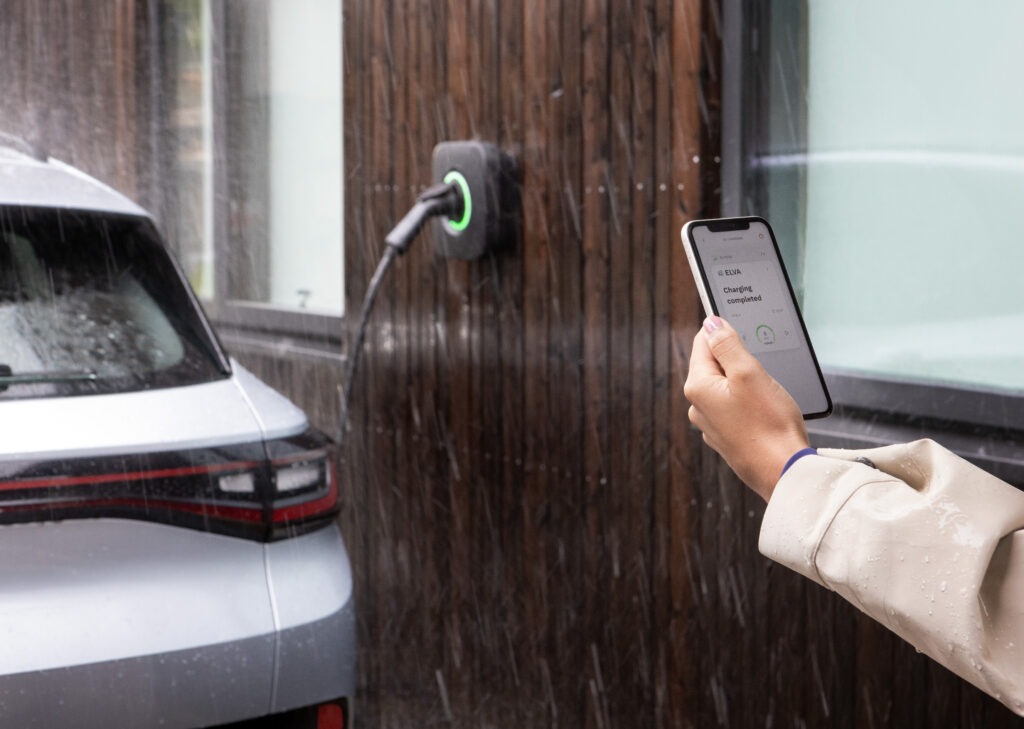As electric cars become increasingly popular, so does the interest in the costs associated with their use, especially when it comes to charging. The cost of charging an electric car is a complex matter that depends on various factors such as the type of charging station, location, electricity prices, and the vehicle’s battery capacity. In this expert article, we will discuss in detail the costs of charging an electric car at different types of charging stations and provide practical tips for choosing the right charging station.
Charging an electric car at home is one of the most convenient methods, but the costs will depend on your electricity plan and local electricity prices. Alternating current (AC) used for home charging is usually cheaper than direct current (DC) at public charging stations.
Charging efficiency at home will be lower than at faster charging stations, but you can save on costs by scheduling charging during the night when electricity prices are typically lower.
Public charging stations offer various charging options, both in terms of charging speed and costs. Prices may be based on time per minute, kilowatt-hour (kWh), or per charging session.
AC stations are generally cheaper than fast DC stations. The costs of fast charging may be higher, but it significantly reduces charging time, which can be advantageous for long-distance trips.
To use public charging stations, you typically need a specialized charging card or a mobile app. When choosing a provider, it’s worth comparing the fees for using different stations.
Fast charging stations (DC) enable rapid charging of your electric car. The costs may be higher than at AC stations, but due to higher charging speeds, you can achieve much longer range in a shorter time.
The costs of charging at fast charging stations can be calculated per minute or per kWh. It’s worth noting the charging fee structure to accurately estimate charging costs.

The costs of charging an electric car will largely depend on the current range of the charged battery. It’s not always necessary to charge the battery to full capacity, which can affect costs.
Optimal charging involves charging the battery to a sufficient level for your planned trips, avoiding excessive charging that can become costly.
Payment for charging at public charging stations typically occurs using a specialized charging card or a mobile app. Some stations also offer credit card payments.
Some systems require prepayment on the charging card, while others charge the costs after the charging session is completed. It’s advisable to familiarize yourself with the payment policy of the specific station.
The costs of charging an electric car depend on many factors, including the type of charging station, charging speed, battery capacity, and local electricity prices. Home charging is usually more economical, but public stations and fast charging stations offer convenience and quick charging. Before you start charging, it’s wise to carefully assess your needs, travel plans, and use apps and tools that allow you to compare costs. Effectively managing the charged battery and choosing the right payment method contribute to savings and increased efficiency when using your electric car.
Back to blog list